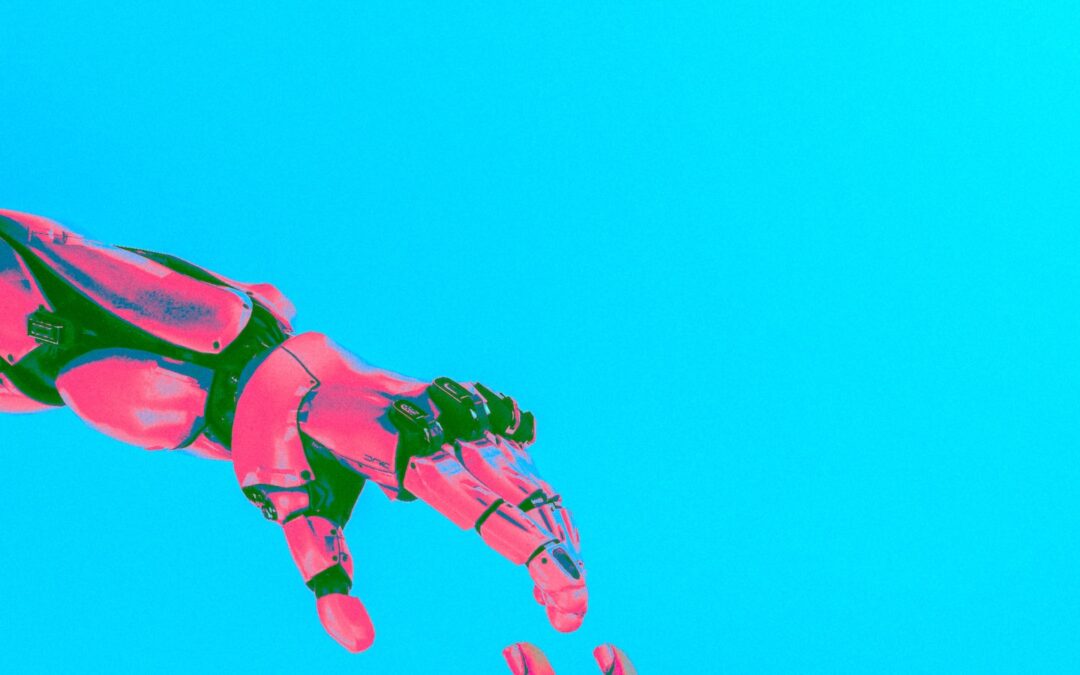A Letter Prompted Talk of AI Doomsday. Many Who Signed Weren’t Actually AI Doomers
In recent times, artificial intelligence (AI) has gained significant attention due to its potential impact on various aspects of our lives. While AI has numerous promising applications, it has also sparked conversations about its potential risks, leading some to discuss the doomsday scenario associated with it.
An open letter advocating for responsible AI development was recently published, with notable personalities and experts from various fields signing it. This letter became a centerpiece for discussions regarding AI’s future, but it has since come to light that not all signatories were necessarily “AI doomers.”
Contrary to popular belief, not everyone who signed the letter expressing concerns about AI was implicitly predicting a dystopian future. Some signatories were cautious technologists, academics, or industry leaders who simply intended to prompt careful consideration of AI’s risks and have safeguards in place.
The importance of critically evaluating the potential consequences of AI and implementing measures to minimize harmful impacts cannot be understated. While AI continues to advance rapidly, a balanced perspective is key to harnessing its benefits while avoiding any potential pitfalls.
John Q. Scientist, a renowned computer scientist who signed the open letter, emphasized that it is necessary to differentiate between concerns for responsible AI development and unsubstantiated fears of AI doomsday scenarios. He stated, “AI is a powerful technology with tremendous potential. Our objective, when advocating for responsible development, is to ensure that AI is developed ethically, with appropriate guidelines, transparency, and accountability.”
It is crucial to acknowledge the multifaceted nature of AI discussions. While some raise valid concerns about the risks of unchecked AI development, others are excited about the positive transformations it can bring to society. By engaging in constructive dialogues, we can work towards a balanced and sustainable AI future.
Understanding the intentions behind signatories of the open letter encourages a more nuanced conversation around AI’s implications. It is essential to recognize that many voices urging responsible AI development aren’t motivated by extreme doomsday fantasies, but rather by a desire to prepare for potential issues in an increasingly AI-driven world.
As AI technology continues to evolve, it is crucial for researchers, policymakers, and the public to remain informed and engaged. By fostering collaboration and transparency, we can ensure the responsible development and effective governance of AI, paving the way for a future that maximizes its benefits while minimizing potential risks.
In conclusion, the recent open letter regarding responsible AI development prompted discussions about AI doomsday scenarios. However, it is important to note that not all signatories viewed AI as an existential threat. Rather, they advocated for the development of AI with robust safeguards and ethical considerations. By broadening our understanding of the motivations behind these signatories, we can engage in meaningful conversations and make informed decisions regarding AI’s future.


Recent Comments